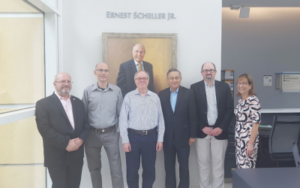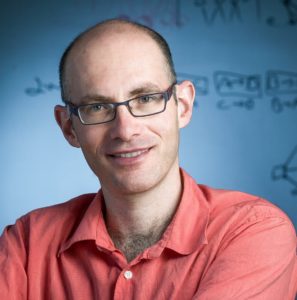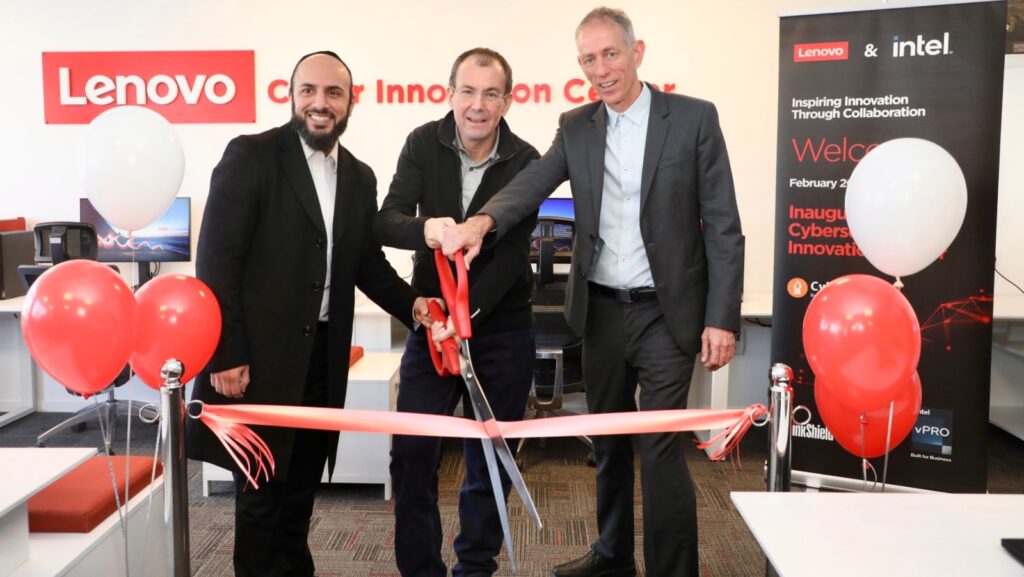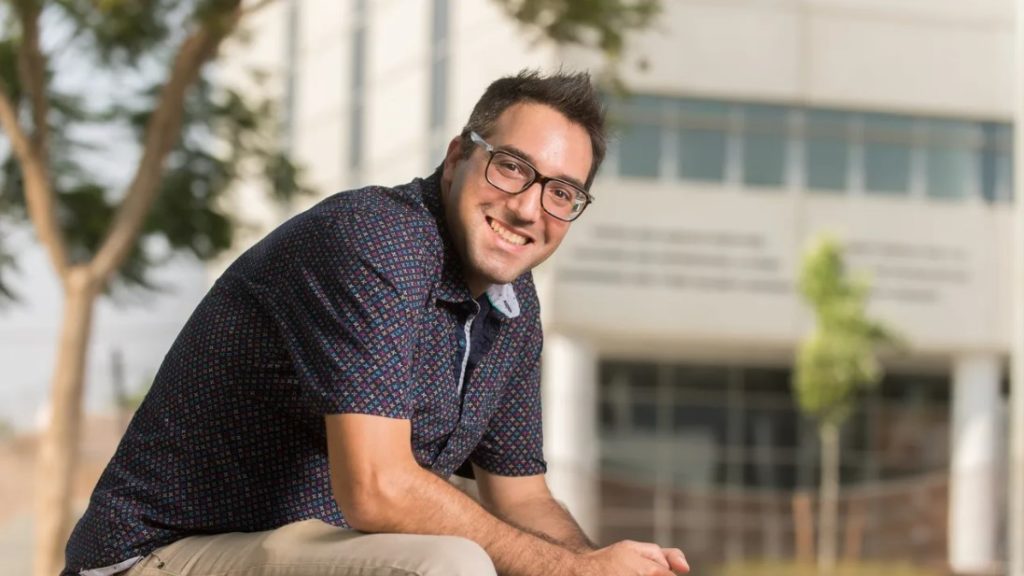
Artificial Intelligence as a Team Player
Artificial Intelligence as a Team Player
August 14, 2018
Atlanta Jewish Times – “Friend or Foe? Exploring the Artificial Intelligence Revolution.” That was the topic of the lecture that Prof. Ya’akov “Kobi” Gal, head of Ben-Gurion University’s Human-Computer Decision Making Lab in the Department of Software and Information Systems Engineering, recently gave at Georgia Tech.
AI is often portrayed as the enemy for replacing humans, but Prof. Gal believes computers have gotten a bad rap.
“Although artificial intelligence is a young technology – it’s only been around a few years – it has taken such a strong presence in our daily lives,” says Prof. Gal. “However, it doesn’t communicate very well with people, and we, as humans, are accustomed to team cooperation.
“It turns out computers are not team players. They don’t know how to share problem-solving in a way that complements the abilities of different teammates. They make a lot of mistakes. That’s why there is such an inherent fear of artificial intelligence.”
Prof. Gal shared his research on AI on August 1, 2018, when he spoke to 50 Georgia Tech faculty and executives, and about the same number at a second event, co-sponsored by Americans for Ben-Gurion University’s Southeast Region, the Consulate General of Israel to the Southeast Region, and Conexx: America Israel Business Connector.
Part of Prof. Gal’s research focuses on the use of AI in e-learning and volunteer websites. Since students and volunteers share a similar interest in learning and spreading knowledge, Prof. Gal and his researchers are working on technology that keeps them motivated and engaged.
For example, AI could predict when a website user is getting bored or tired and fire up a message that says: “You are doing a wonderful job,” or refer the person to a forum in which people are discussing topics similar to the content on the website, Prof. Gal explains.

from left to right: Guy Tessler, Conexx; Prof. Ya’akov “Kobi” Gal, BGU; Oded Shorer, Consulate General of Israel to the Southeast; John McIntyre, Georgia Tech Center for International Business Education and Research; James Hoadley, Georgia Tech CIBER; Reva Feldman, Americans for Ben-Gurion University’s Southeast regional director.
In the classroom, AI could alert a teacher when a student is disengaged, which offers the opportunity for the teacher to decide what to do. “It allows the teacher to support multiple students in the classroom, but doesn’t require the teacher to communicate or intervene directly with every single student,” says Prof. Gal.
“I use the metaphor of a friendly parrot sitting on the shoulder of someone. Rather than monitor and exploit the user, it is trying to help them, but guiding their work and helping other people support the user in the best possible way.”
Prof. Gal said his long-term vision is to build computer systems that will collaborate better with humans, instead of just interacting with them.
He remains optimistic. “What a wonderful opportunity artificial intelligence has for fundamentally shifting the way we interact with others, the way we study and conduct business.”




